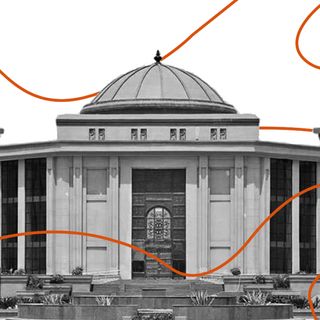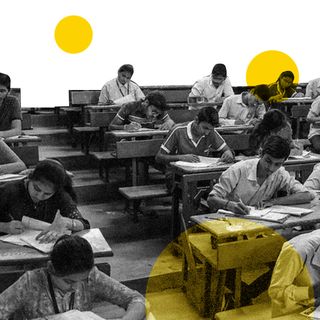The Tamil Nadu government released a set of measures that schools can undertake to ensure the safety and protection of students from sexual abuse and harassment.
The guidelines issued by the state’s School Education Department include forming advisory committees in all schools, a self-audit mechanism to monitor and address the conduct of teachers, and a state-level grievance center. The move comes after a spate of sexual abuse allegations last month against teachers and staff from prominent schools in Chennai, including Padma Seshadri Bala Bhavan (PSBB), Chettinad Vidyashram, Maharishi Vidya Mandir, and many others.
Many parents and students had called for more responsive action from schools when it was alleged that the schools in question were aware of the teachers’ behavior but did not take any action. Notably, the accused teacher from PSBB was a part of the school’s complaints committee; his suspension came only after pressure mounted on social media and the Chief Minister’s office took notice of the complaint.
The government claims the new guidelines will make the complaints process more accessible for school students, and set up a state-level accountability mechanism for all schools which was previously lacking. Currently, sexual harassment against children comes under the purview of the Protection of Children from Sexual Offences (POSCO) Act, 2012, which addresses the issue through the criminal justice system. The recent advisory stated that more specific guidelines were required to manage responses to sexual harassment in schools in particular.
Related on The Swaddle:
Study: 1 in 7 Schoolgirls Sexually Harassed, Assaulted by Peers
The guidelines mention two important provisions: a Student Safeguarding Advisory Committee that will be instituted in all schools across the state irrespective of the education board, and a Central Complaint Centre at the state level with a hotline facility.
It is proposed that each committee consist of the principal, two teachers, two members from the Parent Teachers’ Association, one management representative, one non-teaching staff, and one optional external member. The members of the committee will have to undergo a mandatory annual orientation on the sexual offenses under the POSCO Act, and the School Education Department will release a guide on understanding the specifics of child abuse such as “the dynamics, recognizing concerning behavior of students and adults, understanding disclosure of abuse,” and the legal mechanisms to follow.
Other guidelines with respect to the advisory committee include compliance with audits, recording of online classes, a dress code for teachers and students, a dress code for teachers and students, and ‘safety boxes’ to receive complaints around every school campus.
The Central Complaint Centre will include a hotline number and an email address wherein complaints can be received confidentially, wherein a “trained multidisciplinary team” would guide the caller on the protocol to be followed following the complaint.
However, it remains to be seen whether the guidelines will inspire children’s confidence in reporting allegations to the advisory body, seeing as it consists of internal staff and teachers. But the action carried advantage in shifting the agency, even if ever so slightly, to students. “Creating a conducive environment where students are safe and enabled to report sexual misconduct by any member of the school body is very important,” the education body notes.




